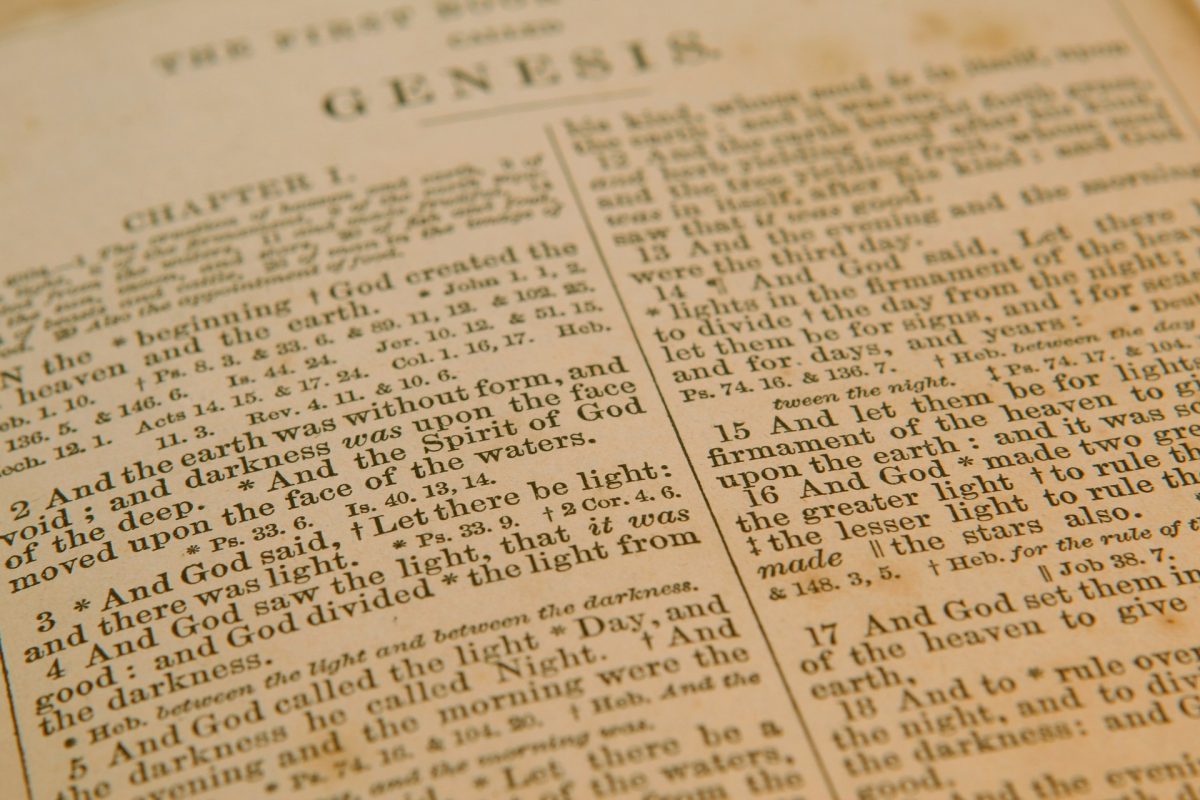One of the things that stands out in the Bible’s early chapters is the age at which some people lived. I mean, Adam was 130 years old when he started a family! Even the thought of that is exhausting.
And that’s not the least of it. Lamech lived to the ripe old age of 777. Adam was 930 when he died. Methuselah was 969, the oldest person of all time. Noah became a dad for the first time at 500.
Ancient texts from many cultures have listed life spans most modern people find unbelievable. For example, the 4,000-year-old Sumerian King List details the reigns of kings in Sumer (ancient southern Iraq) as exceeding 30,000 years in some cases. It also mentions eight kings who reigned for 241,200 years. No one would take that literally.
Explanations
As with almost everything in the Christian world, there are various opinions and positions on the ages in Genesis. Some will take these ages literally, as that’s how they regard Genesis. God created the world in six 24-hour days, made a woman from a man’s side, and people lived for hundreds of years.
First-century Roman-Jewish historian Josephus wrote, “let no one, upon comparing the lives of the ancients with our lives, and with the few years which we now live, think that what we have said of them is false; or make the shortness of our lives at present an argument, that neither did they attain to so long a duration of life, for those ancients were beloved of God, and made by God himself; and because their food was then fitter for the prolongation of life, might well live so great a number of years: and besides, God afforded them a longer time of life on account of their virtue, and the good use they made of it.”
Metaphor
While some people consider these ages literal, others believe they’re metaphorical. Most Jewish theologians think Genesis chapters 1 to 11 to be symbolic. Many Christians agree. I’ve written about this elsewhere. You can also listen to my teaching on this on the Digging Deeper podcast.
The stories up to Abraham are to be understood metaphorically rather than literally. Long lives and old ages are a way of saying the person lived for an extensive time or has seen a lot of events. We still use Methuselah as an example of longevity today with the Idiom, “He’s as old as Methuselah.” When we say this, we don’t mean it literally. No one is suggesting the person is 969 years old. It’s used to communicate that someone is very advanced in years. Other similar idioms include “She’s as old as the hills.” (or “over the hill”) or “They have one Foot in the Grave.” None of these sayings is considered factual, but they all communicate the truth.
Other Considerations
Some interpret the ages as an ancient form of bragging. Another consideration is how time was measured and viewed in the ancient world. For example, Jesus said, “For as Jonah was three days and three nights in the whale’s belly; so shall the Son of man be three days and three nights in the heart of the earth.” (Matthew 12:40). But that is not literally true. Jesus was crucified on Passover (or the day before Passover according to John’s gospel) on a Friday. He died about 3 p.m. He rose again early on Sunday morning, meaning he was in the grave for about 40 hours, not 72 hours. Jesus’ statement is not literally true.
An understanding of the Hebrew mindset is helpful here. Ancient Hebrews considered time as a “part for a whole.” In other words, a portion of a day was still considered as an entire day, a concept known as Synecdoche. We use expressions like this too. For example, cattle are counted by “head.” But the “head of cattle” doesn’t discount the rest of their body. Someone may comment on your car by saying, “nice wheels.” Of course, they’re referring to the entire vehicle. And so, Jesus’ statement about three days and three nights takes in Friday, Saturday, and Sunday, even though Friday and Sunday were only part days.
Was time measured and viewed in the ancient world as it is today? Probably not. A metaphorical understanding of the Bible’s old ages sits well with me. But you decide what is comfortable for you. Ultimately, it doesn’t matter. Is it a truth that affects the way we live today? Not at all.
Finally,
If you hold a literal view of this subject and feel strongly that you must defend it, it would be helpful to ask yourself why. Why is that important to you? Does it affect your life or that of others? Do you have a “House of cards” view of Scripture? – If this is wrong, nothing in the Bible is correct. The Bible doesn’t behave that way; sometimes, it doesn’t behave at all. We mustn’t make the Scriptures into something that they were never intended to be. The Bible is alive, active, inspired, and ancient and contains truth that powerfully impacts us today even though it comes to us from times past.












